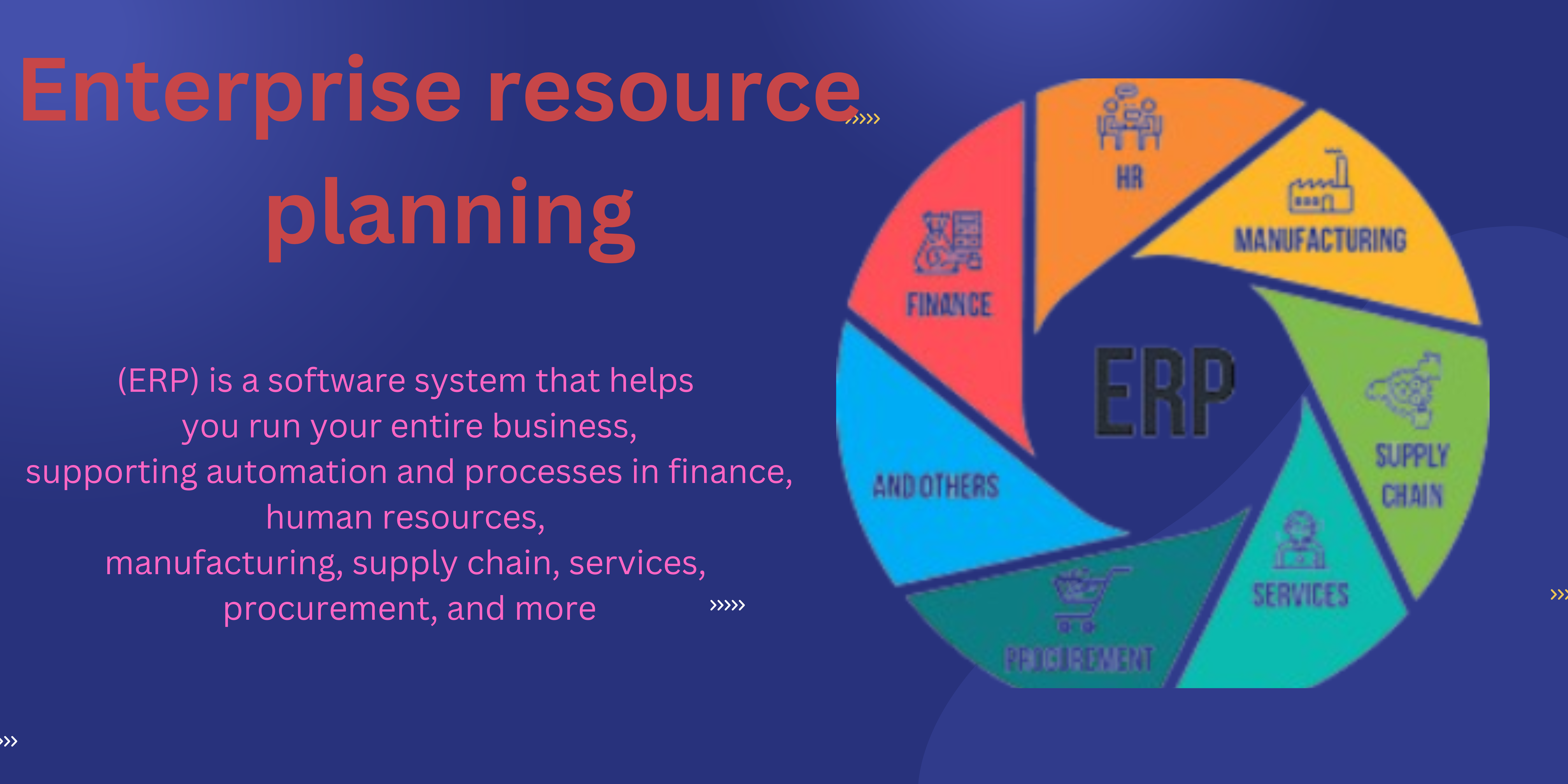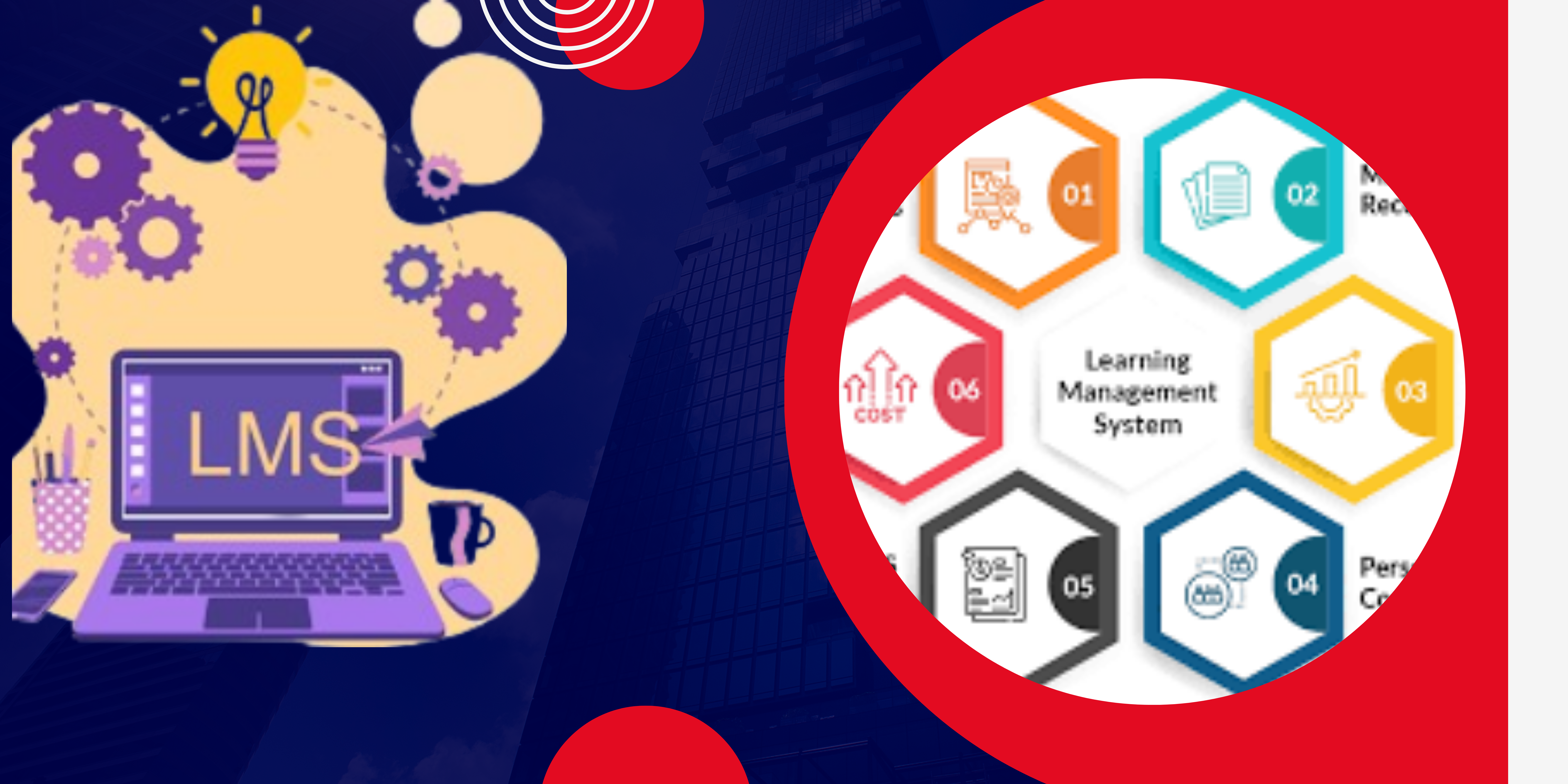Enterprise Resource Planning (ERP) systems are comprehensive software solutions designed to streamline and integrate core business processes within an organization. ERP software consolidates various functions such as inventory management, order processing, manufacturing, human resources, finance, and more into a unified platform. This integration eliminates data silos that can occur when different departments use separate systems, providing a centralized repository of information and promoting data consistency.
Key features of ERP systems include automation of routine tasks, which improves operational efficiency by reducing manual effort and minimizing errors. By centralizing data, ERP systems provide a single source of truth for organizational information, enabling real-time access to critical data and enhancing decision-making capabilities across all levels of the organization.
Scalability is another important aspect of ERP systems, allowing organizations to expand their operations and adapt to changing business needs. ERP software can often be customized to meet specific industry requirements and organizational workflows, ensuring that the system aligns closely with business processes.
Reporting and analytics tools embedded within ERP systems enable organizations to generate comprehensive reports, analyze key performance indicators (KPIs), and gain insights into business performance. This data-driven approach supports strategic planning and facilitates continuous improvement initiatives.
Modern ERP solutions may offer cloud-based deployment options, which provide flexibility in accessing the system from anywhere and support mobile applications for on-the-go productivity. Additionally, ERP systems may include features for regulatory compliance and data security, ensuring that sensitive information is protected and organizational practices adhere to industry standards.
Overall, ERP systems play a crucial role in enhancing organizational efficiency, optimizing resource utilization, improving collaboration across departments, and enabling sustainable growth in a competitive business environment. Successful implementation of an ERP system involves thorough planning, effective change management, and ongoing support to maximize the system’s benefits and achieve strategic business objectives.


Enterprise Resource Planning (ERP) systems are sophisticated software solutions that integrate core business processes and functions into a unified platform. These systems are essential for organizations aiming to streamline operations, improve efficiency, and achieve strategic objectives across various departments and locations.
At the heart of ERP systems is the integration of key business functions such as finance, human resources, supply chain management, manufacturing, sales, and customer relationship management. This integration eliminates data silos and redundancies, providing a single source of truth for organizational data. It ensures that departments have access to consistent, real-time information, enabling informed decision-making and enhancing collaboration between teams.





